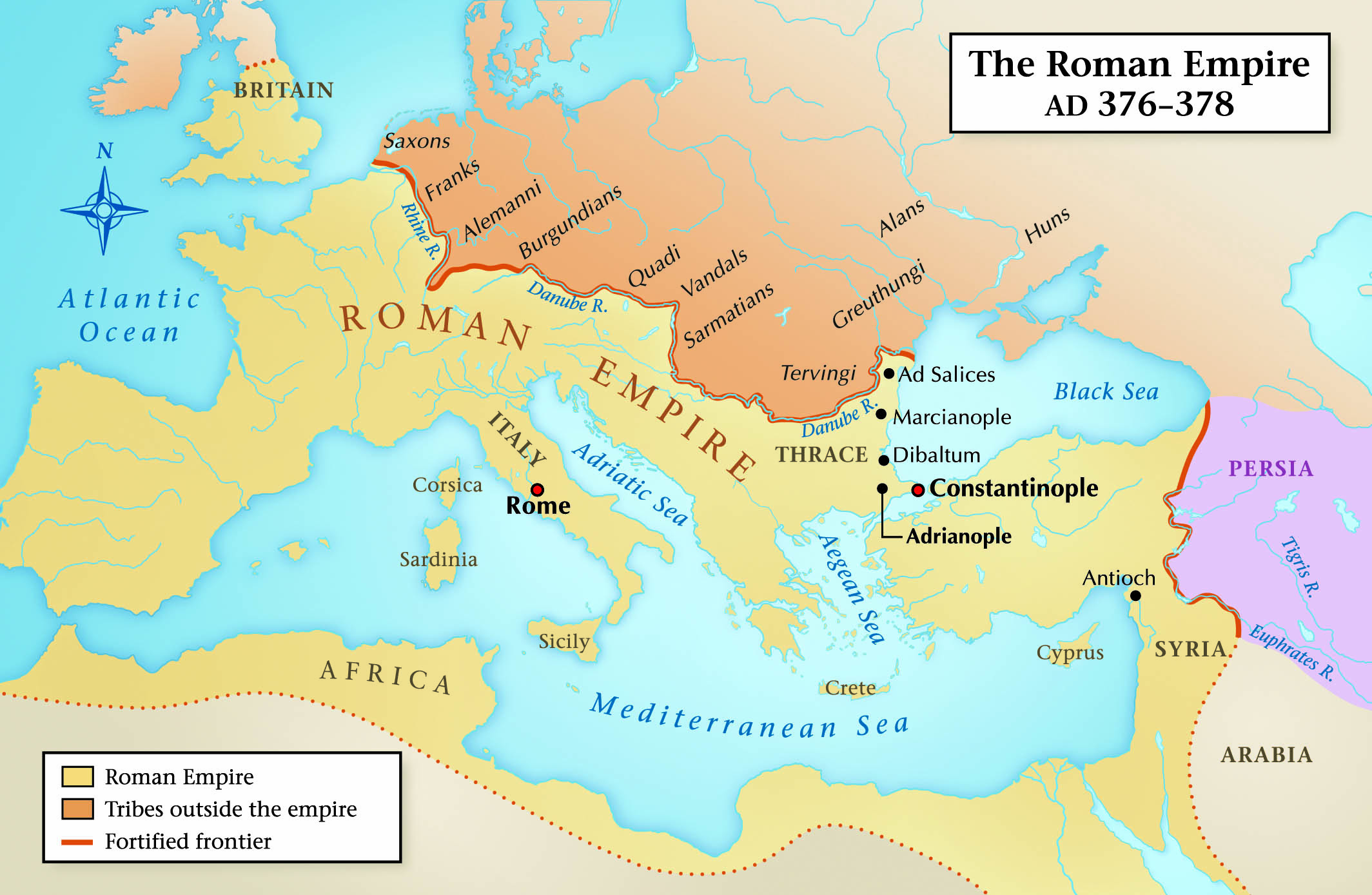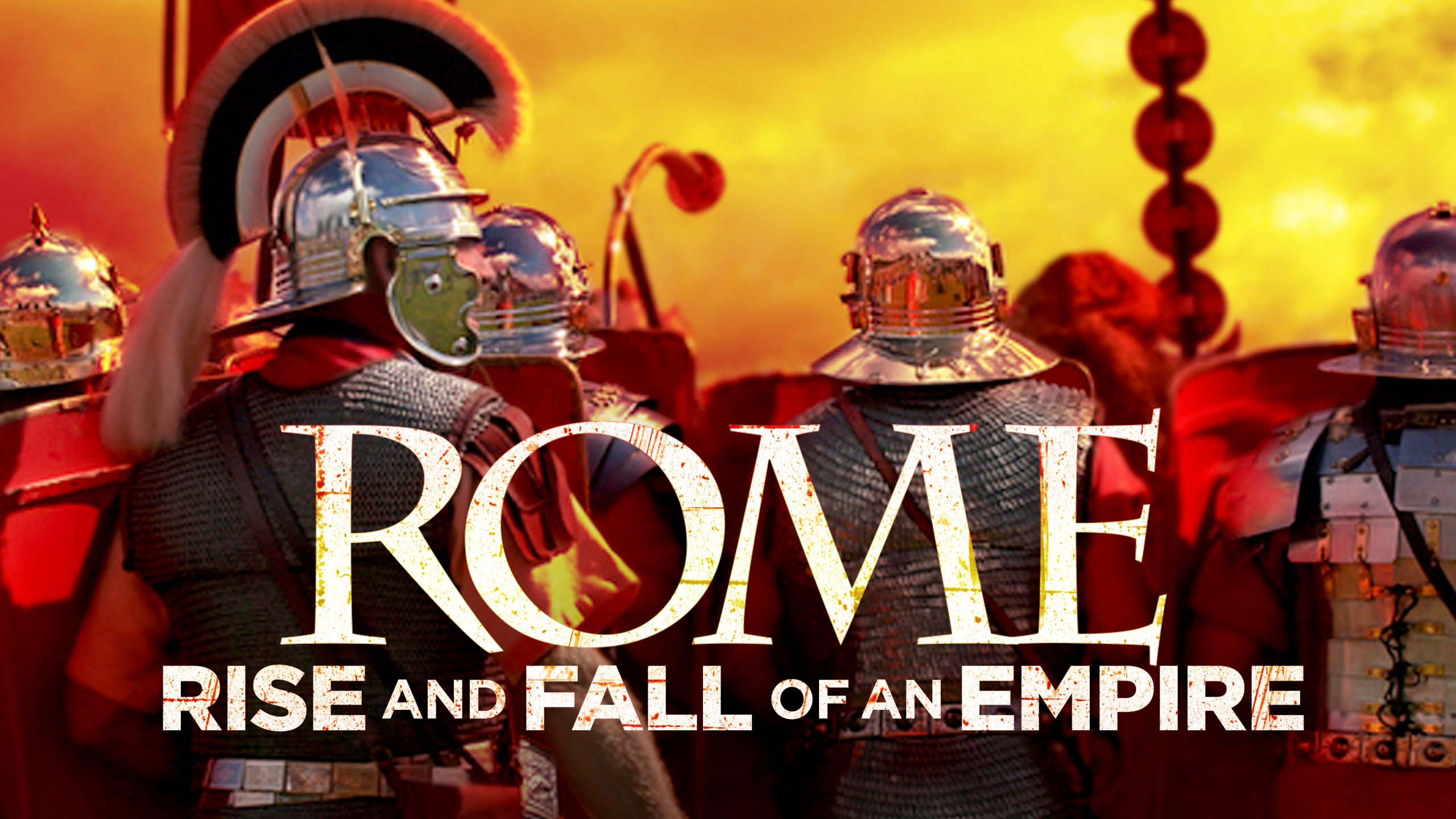Unveiling The World Of Roman History: From The Rise To The Fall Of An Empire - Unlocked the secrets of the Roman Empire!!

The History of the Decline and Fall of the Roman Empire, by Edward - Source standardebooks.org
Editor's Notes: Unveiling The World Of Roman History: From The Rise To The Fall Of An Empire just published today, August 15, 2023. This epic masterpiece takes readers on a captivating journey through the rise and fall of one of the most influential empires in human history. Delving deep into the annals of ancient Rome, this comprehensive guide unveils the secrets of its legendary leaders, groundbreaking innovations, and the dramatic events that shaped its destiny.
Through meticulous research and engaging storytelling, Unveiling The World Of Roman History: From The Rise To The Fall Of An Empire offers a fresh perspective on this fascinating civilization. Whether you're a seasoned history buff or simply curious about the roots of Western society, this book is an invaluable resource that will captivate your imagination and expand your knowledge.
Key takeaways from Unveiling The World Of Roman History: From The Rise To The Fall Of An Empire:
| Key Differences | Key Takeaways |
|---|---|
| Comprehensive overview of Roman history, from its humble origins to its ultimate decline. | Gain a deep understanding of the political, social, and cultural forces that shaped the Roman Empire. |
| Exploration of key figures and events that shaped Roman civilization. | Meet the legendary emperors, generals, and thinkers who left an indelible mark on history. |
| Analysis of the factors that led to the rise and fall of the Roman Empire. | Uncover the strengths and weaknesses that determined the fate of this ancient superpower. |
| Insights into the legacy of the Roman Empire and its lasting impact on Western civilization. | Discover how Roman law, architecture, and culture continue to influence the world today. |
Unveiling The World Of Roman History: From The Rise To The Fall Of An Empire is an essential read for anyone interested in ancient history, Western civilization, or the human experience itself. Immerse yourself in the grandeur and intrigue of the Roman Empire and unlock the secrets of its enduring legacy.
FAQ
Immerse yourself in the grandeur of Roman History through Unveiling The World Of Roman History: From The Rise To The Fall Of An Empire. This comprehensive guide unveils the intricacies of this ancient civilization, from its humble beginnings to its colossal empire to its eventual decline. Delve into the depths of Roman history, dispelling misconceptions and gaining a profound understanding of this remarkable era.

Why Did Western Rome Fall - Source quizdbmulteities.z21.web.core.windows.net
Question 1: What were the key factors that led to the rise of the Roman Empire?
The rise of the Roman Empire was shaped by a multitude of factors, including its strategic geographic location, effective military organization, political astuteness, and economic prowess. The Romans possessed a remarkable ability to adapt and assimilate external influences, paving the way for their dominance.
Question 2: How did the Roman Empire maintain control over its vast territories?
Maintaining control over the sprawling Roman Empire required a combination of military might, administrative efficiency, and infrastructural development. The Romans established an extensive network of roads, bridges, and aqueducts, facilitating communication, trade, and the movement of troops. They also implemented a system of provincial administration and taxation, ensuring the smooth governance of their conquered territories.
Question 3: What were the primary causes of the decline and fall of the Roman Empire?
The decline and fall of the Roman Empire was a complex process influenced by a convergence of factors. Military overexpansion, economic instability, political turmoil, environmental changes, and the rise of Christianity all contributed to the empire's gradual disintegration. The empire's vast size and administrative complexities ultimately proved unsustainable, leading to its eventual demise.
Question 4: What was the impact of Roman civilization on Western culture?
Roman civilization left an enduring legacy on Western culture. Its laws, political systems, language, literature, art, and architecture continue to shape our world today. The Romans developed a sophisticated legal framework that forms the basis of many modern legal systems. Their innovations in engineering and architecture, such as the Colosseum and the aqueducts, remain marvels of human ingenuity.
Question 5: How can we learn from the rise and fall of the Roman Empire?
Studying the rise and fall of the Roman Empire offers valuable insights into the intricacies of human history. It highlights the importance of leadership, military prowess, economic stability, and cultural exchange. The decline of the Roman Empire serves as a cautionary tale about overreach, the dangers of political instability, and the need for adaptability in the face of adversity.
Question 6: What are some of the most fascinating aspects of Roman history?
Roman history is replete with captivating stories and intriguing personalities. From the legendary founding of Rome by Romulus and Remus to the rise and fall of emperors like Julius Caesar and Constantine the Great, the Roman Empire offers a rich tapestry of characters and events that continue to fascinate historians and enthusiasts alike. The gladiatorial contests, chariot races, and lavish banquets provide a glimpse into the entertainment and social customs of this ancient civilization.
Delve deeper into the enigmatic world of Roman history and explore the captivating stories, triumphs, and lessons that shaped one of the most influential civilizations of all time.
Embark on a journey through time and uncover the grandeur of the Roman Empire!
Tips for Unveiling the World of Roman History
To delve deeply into the fascinating world of Roman history, effective strategies are essential. Here are several tips to guide you on your journey to understanding the rise and fall of this extraordinary empire:
Tip 1: Engage with Primary Sources
Primary sources, such as Roman literature, inscriptions, and archaeological artifacts, provide firsthand accounts of the past. By studying these materials, you can gain valuable insights into the perspectives, beliefs, and experiences of the Roman people.
Tip 2: Utilize Secondary Sources
Secondary sources, like historical monographs, documentaries, and textbooks, offer comprehensive overviews of Roman history. These resources synthesize research and provide context, enabling you to grasp the complexities of the empire's development.
Tip 3: Visit Historical Sites
Visiting Roman ruins, such as the Colosseum, Pompeii, and Hadrian's Wall, offers a tangible connection to the past. By experiencing these architectural marvels firsthand, you can visualize how the Romans lived, worked, and played.
Tip 4: Study Roman Culture and Civilization
Understanding Roman culture, including their religion, art, literature, and law, is crucial for comprehending the empire's achievements. By exploring these aspects, you can gain a holistic perspective on Roman society.
Tip 5: Examine the Economic and Political Structures
Analyzing Rome's economic and political systems is essential for understanding its rise and decline. By investigating aspects such as taxation, trade, and military organization, you can uncover the mechanisms that shaped the empire.
Tip 6: Consider the Role of Individuals
The actions of influential individuals played a significant role in the course of Roman history. Studying the lives and accomplishments of emperors, generals, and other notable figures can provide insights into the empire's successes and failures.
Tip 7: Seek Out Expert Opinions
Consulting with historians and attending lectures by experts can enrich your understanding of Roman history. Their knowledge and perspectives can provide valuable guidance and challenge your assumptions.
By following these tips, you can effectively navigate the vast and captivating world of Roman history. Through careful study and exploration, you can uncover the intricate details and profound significance of this remarkable civilization.
Unveiling The World Of Roman History: From The Rise To The Fall Of An Empire
Roman history stands as a testament to the enduring power of a civilization that shaped the course of human history. Its rise from a humble city-state to a vast and powerful empire spanning centuries is a tale of military conquest, political intrigue, and cultural innovation. This article delves into the key aspects that have unveiled the Roman world, unraveling its rise, prosperity, and ultimate decline.

Ancient Rome: The Rise and Fall of an Empire episode 6 - History - Source hdclump.com
- Origins and Expansion: From its humble beginnings on the banks of the Tiber River, Rome embarked on a relentless path of expansion, conquering vast territories through military might and strategic alliances.
- Governance and Law: The Roman Republic introduced a system of governance that balanced the powers of the Senate, Assemblies, and Consuls, laying the foundation for a legal framework that influenced civilizations to come.
- Military Prowess: Roman legions became legendary for their discipline, organization, and advanced weaponry, enabling them to conquer and maintain an empire that stretched from Britain to Egypt.
- Culture and Arts: Roman civilization embraced a rich blend of influences, fostering advancements in architecture, literature, and philosophy, leaving an indelible mark on Western culture.
- Economic Power: Rome's empire generated immense wealth through trade, agriculture, and taxation, supporting a vast network of cities and infrastructure.
- Decline and Fall: Internal divisions, economic strains, and external pressures contributed to the gradual decline of the Roman Empire, culminating in its collapse in the 5th century AD.
These key aspects provide a glimpse into the complex and fascinating world of Roman history. Their interconnectedness reveals a civilization that rose to unprecedented heights through military prowess, political innovation, cultural brilliance, and economic prosperity. However, internal weaknesses and external challenges ultimately led to its downfall, leaving behind a legacy that continues to captivate and inspire generations.
Unveiling The World Of Roman History: From The Rise To The Fall Of An Empire
"Unveiling The World Of Roman History: From The Rise To The Fall Of An Empire" provides a comprehensive exploration of the evolution and legacy of the Roman Empire. This in-depth survey examines the empire's ascent from a small city-state in Italy to its status as a vast, influential civilization spanning Europe, North Africa, and the Middle East. Key to this exploration is the examination of the factors that contributed to the empire's rise, including political and military prowess, technological advancements, and cultural assimilation.
The significance of this topic lies in its contribution to our understanding of the development of Western civilization. The Roman Empire left an indelible mark on the world in terms of law, government, architecture, engineering, and literature. comprehending the empire's history allows us to appreciate the roots of many modern institutions and practices.
Real-life examples of the empire's influence are prevalent throughout our world. The Roman legal system, with its emphasis on individual rights and due process, forms the basis of many modern legal systems. The architectural innovations of the Romans, such as the arch, the dome, and the aqueduct, continue to inspire and inform contemporary architectural design. And the Latin language, which was the official tongue of the empire, remains influential in the study of law, medicine, and the humanities.
Understanding the Roman Empire's history is not only enlightening but has practical significance as well. By studying the empire's successes and failures, we can gain valuable insights into the dynamics of power, the importance of infrastructure, and the impact of culture on society